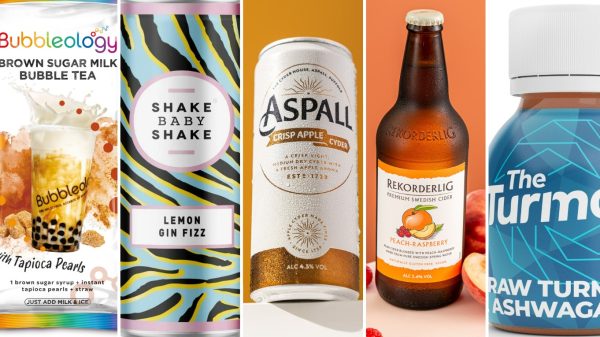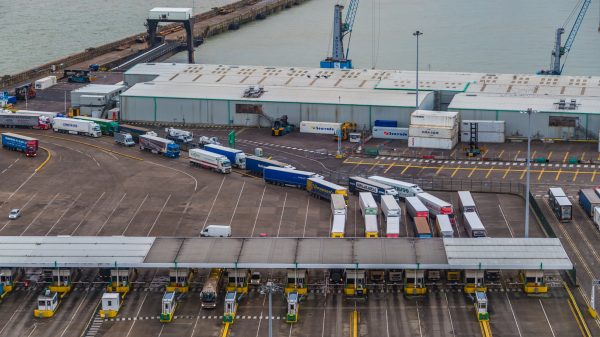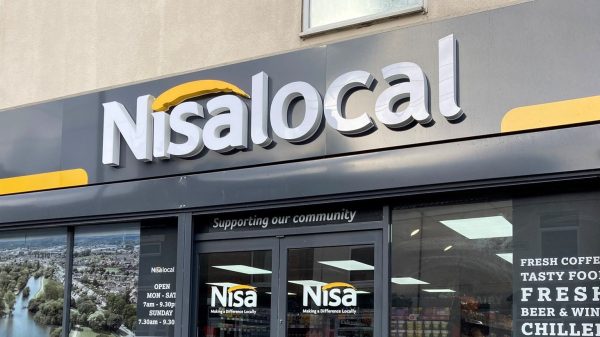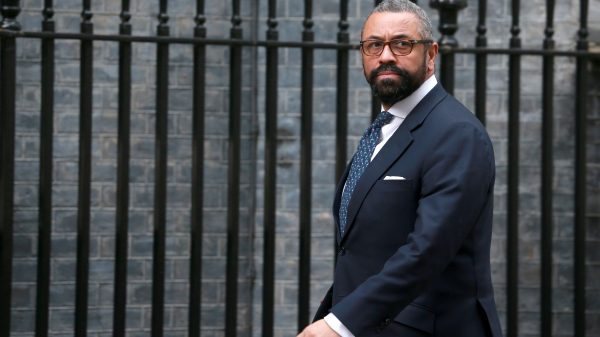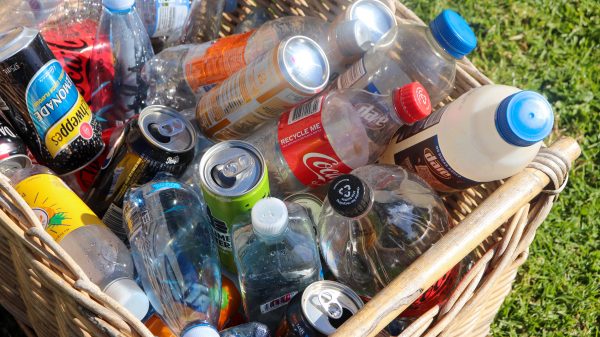Nestlé’s coffee brand, Nescafé has launched its Plan 2030 which looks to help coffee farmers to transition to regenerative agriculture.
Investing over £800 million into the project by 2030, it looks to improve soil health and fertility, as well as protect water resources and biodiversity.
To do this, Nescafé will provide farmers with training, technical assistance and high-yielding coffee plantlets so that they are able to transition to using practices such as planting cover crops to help protect soil, using organic fertilisers, increasing agroforestry and intercropping and pruning existing coffee trees.
The key areas targeted by the project include Brazil, Vietnam, Mexico, Colombia, Côte d’Ivoire, Indonesia and Honduras where 90% of the brand’s coffee is sourced.
Having already achieved 100% responsibly sourced coffee in the UK and Ireland, Nescafé now aims to achieve this further afield and ensure 20% of its coffee is sourced from regenerative agricultural methods by 2025 and 50% by 2030.
Plan 2030 comes as rising temperatures will reduce the area suitable for growing coffee by up to 50% by 2050, according to research by Inter-American Development Bank.
“Climate change is putting coffee-growing areas under pressure,” Nestlé head of coffee brands David Rennie said.
“Building on 10 years’ experience of the Nescafé Plan, we’re accelerating our work to help tackle climate change and address social and economic challenges in the Nescafé value chains.”
Nestlé’s head of coffee strategic business unit, Philipp Navratil added: “As the world’s leading coffee brand, Nescafé aims to have a real impact on coffee farming globally.
“We want coffee farmers to thrive as much as we want coffee to have a positive impact on the environment. Our actions can help drive change throughout the coffee industry.”
The move also looks to contribute to Nestlé’s Zero Net commitment to halve greenhouse gas emissions by 2030 and reach zero net greenhouse gas emissions by 2050 as regenerative agriculture contributes to bringing down carbon dioxide and reducing greenhouse gas emissions.

